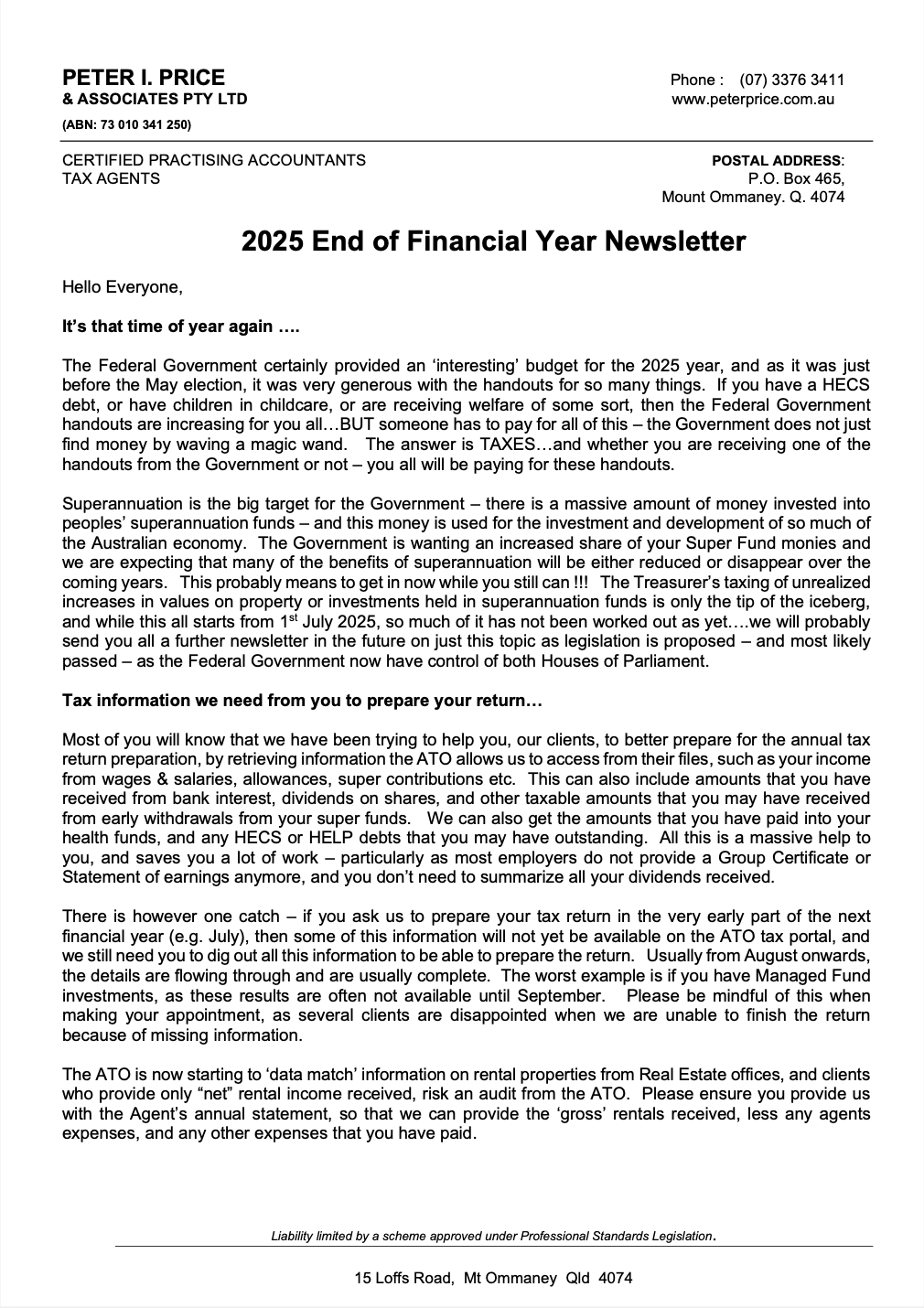How to Draft a Standard Form Contract

.
These contracts are common when one party has more bargaining power than another, such as in consumer or employment contracts. Standard form contracts are sometimes called “take it or leave it” contracts because the party with less bargaining power may not be able to negotiate the contract’s terms.
Considerations When Drafting a Standard Form Contract
There is no legal definition setting out the requirements of a standard form contract. However, where a contract is considered standard form, the unfair contract terms regime will apply if one party to the contract has:
- 100 or fewer employees; or
- less than $10 million in annual turnover.
The following drafting considerations may assist in mitigating the risk of a standard form contract being considered unfair. These considerations are designed to protect consumers and ensure that they are not unfairly disadvantaged by the terms of the contract.
The key requirements are as follows.
1. Plain Language
Standard form contracts should be written in plain language that is easy to understand. This means you should avoid using legal jargon or technical terms.
2. Clarity
The contract should avoid using vague or uncertain language that parties can interpret in multiple ways. Ambiguous and uncertain terms are likely to be a source of confusion and conflict in the future.
3. Transparency
The contract should be easily accessible and provided to the consumer in a clear and understandable way.
4. No Unfair Terms
The contract should not contain any unfair or disadvantageous terms unless the term is reasonably necessary to protect the business’s legitimate interests. This includes terms that:
- allow one party to vary the terms of the contract unilaterally;
- allow one party to avoid liability for negligence; and
- limit the consumer’s rights to seek legal redress.
5. Notice of Terms
Ensure you provide the contract to the consumer in a way that allows them to read and understand the contract terms before they agree to them.
What Will a Court Consider When Determining if a Contract is Standard Form
The Australian Competition and Consumer Commission (ACCC) provides that, in determining whether a contract is standard form, a court may take into account any relevant matter. However, at a minimum, they must consider whether:
- the party that prepared the contract has all or most of the bargaining power in the transaction;
- the contract was prepared without or before any discussion between the parties about the transaction;
- the other party could only accept or reject the terms of the contract as presented;
- the other party was offered any real opportunity to discuss the terms of the contract; and
- the terms of the contract consider any specific features of the other party or the transaction.
Why are Standard Form Contracts Used?
Standard form contracts are common when one party has more bargaining power than the other. For example, in consumer transactions, the seller may have more bargaining power than the buyer, and may be able to impose standard terms on the buyer. Similarly, in employment contracts, the employer may have more bargaining power than the employee and may be able to impose standard terms on the employee.
While standard form contracts can be useful in some situations, they can also be problematic if the contract terms are unfair or disadvantageous to the consumer.
Key Takeaways
A standard form contract is a pre-written contract used repeatedly for a particular type of transaction. The prohibition of unfair contract terms is designed to protect consumers and ensure they are not unfairly disadvantaged by the contract terms. Therefore, if you are providing a standard form contract to your customers, you should carefully review the terms of the contract to ensure it does not contain any unfair terms.
Jordan Bramis
June 9
legalvision.com.au

